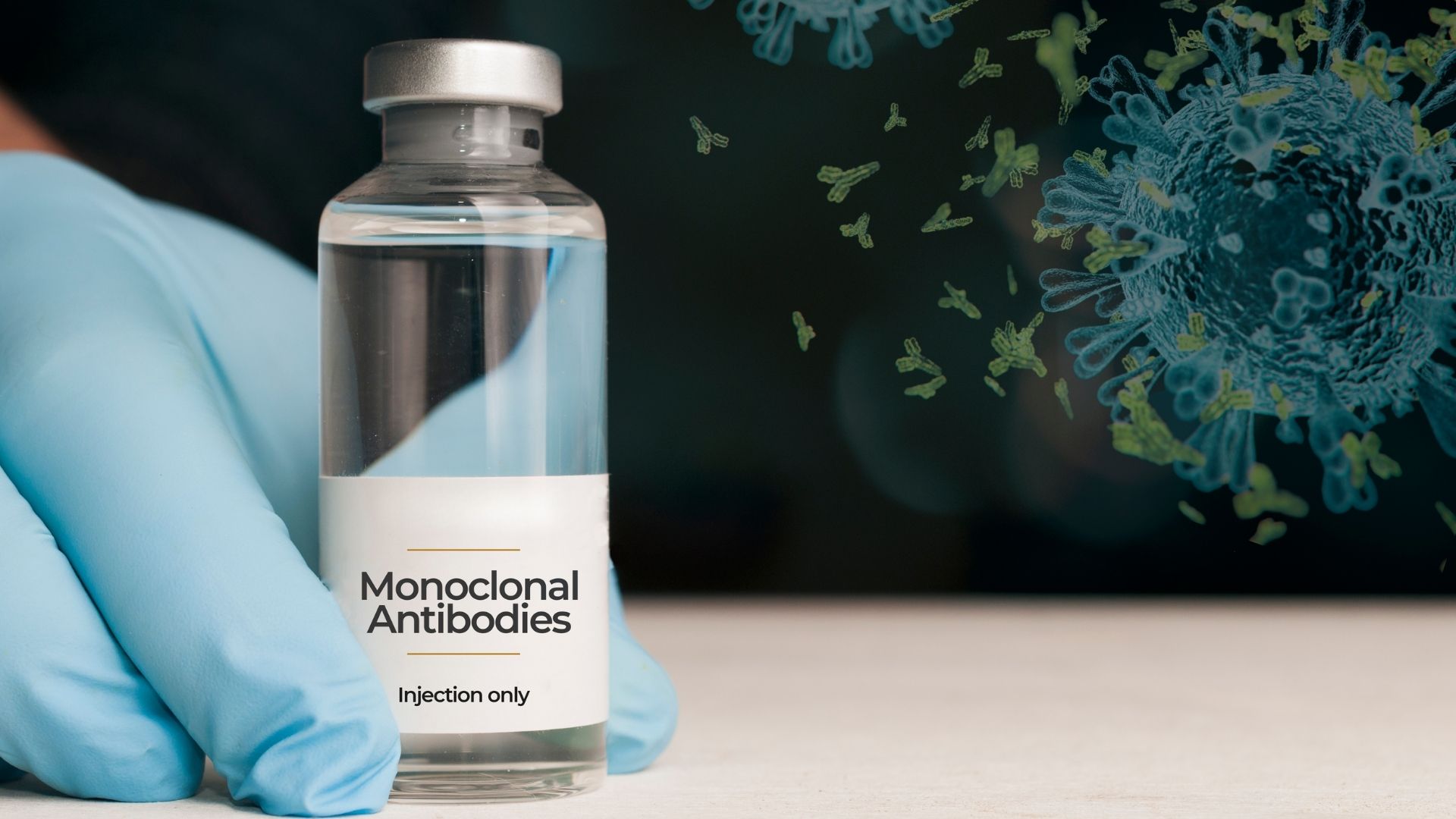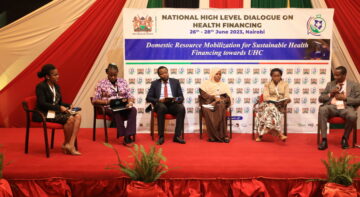Blogs

Insecticide-treated bed nets (ITNs), indoor residual spraying (IRS) and artemisinin-based combination therapies (ACTs) are the first line tools used for malaria control. The effectiveness of these approaches is fast declining, prompting scientists and other practitioners to explore new malaria intervention tools and strategies. One such tool is the use of monoclonal antibodies to prevent the disease.
In this Q&A, Dr Said Jongo, Consultant Physician and Clinical Epidemiologist at Ifakara Health Institute (IHI) explains how monoclonal antibodies can help support malaria intervention strategies.
What are monoclonal antibodies?
Monoclonal antibodies are lab-made molecules that mimic the immune system’s ability to fight off harmful pathogens. They are designed to target specific proteins in cells and can block the cell’s function or mark it for destruction. They can be produced in large quantities in vitro and administered by injection or infusion.
Why are monoclonal antibodies now being explored for malaria prevention?
The development of monoclonal antibodies has revolutionised the treatment of many diseases and holds potential for future therapies. Monoclonal antibodies are used to treat various diseases, including cancer, autoimmune disorders, and infectious diseases like COVID-19. Malaria is caused by a parasite transmitted by mosquitoes, and monoclonal antibodies can target specific proteins (epitopes) on the parasite’s surface, disrupting its ability to infect and replicate in body cells.
Why is this a promising area of research in the fight against malaria?
Monoclonal antibodies are being explored for malaria prevention due to their promising results in clinical trials. Clinical trials have shown that monoclonal antibodies can provide significant protection against malaria infection in humans, even at low doses, and have the potential for long-lasting protection.
What would it take to have countries providing the right environment for monoclonal antibodies research and pharmaceutical production?
Further research is ongoing to develop effective antibody-based interventions for disease intervention in high-risk populations. For countries to promote research and production of monoclonal antibodies, they need to have regulations in place to ensure that the antibodies are safe and effective. They also need to provide funding and create an environment where scientists have the resources to work on this kind of research. Countries need to have skilled scientists and laboratory facilities to support the research and manufacturing of monoclonal antibodies. Partnerships between different organisations and industries can help create the conditions needed to promote research into monoclonal antibodies. Overall, it will take a collaborative effort between government, industry and academia to promote monoclonal antibody research and production.
What are the current global, regional and national guides on monoclonal antibodies that can support their development and use for malaria prevention?
Several global, regional, and national organisations have developed guidelines to support the development and use of monoclonal antibodies for malaria prevention. These organisations include the World Health Organization (WHO), the Malaria Vaccine Technology Roadmap, the Roll Back Malaria Partnership, research organisations and academic institutions. These guidelines provide recommendations on the development, testing, and deployment of monoclonal antibodies for malaria, ensuring their safe and effective use. As monoclonal antibodies for malaria prevention is a relatively new and evolving field, the national guidelines in low- and middle-income countries (LMICs) may require significant revisions to address challenges related to their development. The challenges include limited financial resources, inadequate expertise, poor infrastructure, insufficient regulatory controls and, once developed, lack of access to monoclonal antibodies by those that need them the most. These challenges must be addressed to ensure the safe and effective use of monoclonal antibodies for malaria prevention in LMICs.
Do you think monoclonal antibodies will be a game-changer, or should there be caution about their promise?
Monoclonal antibodies have demonstrated their potential in treating and preventing various diseases, making them a promising technology for malaria prevention and treatment. However, some uncertainties and challenges need to be addressed. One major challenge is the cost of production, distribution, and access to the therapy, which needs to be managed effectively. Additionally, there is the possibility of the malaria parasite developing resistance to monoclonal antibodies, which may limit their efficacy over time. Therefore, it is essential to conduct well-designed clinical trials to assess the safety and efficacy of monoclonal antibodies for malaria prevention and treatment. Finally, to ensure the equitable distribution of monoclonal antibodies, it is crucial to address issues of access, cost, and resistance, particularly in LMICs where the burden of malaria is the highest.
Related Posts





